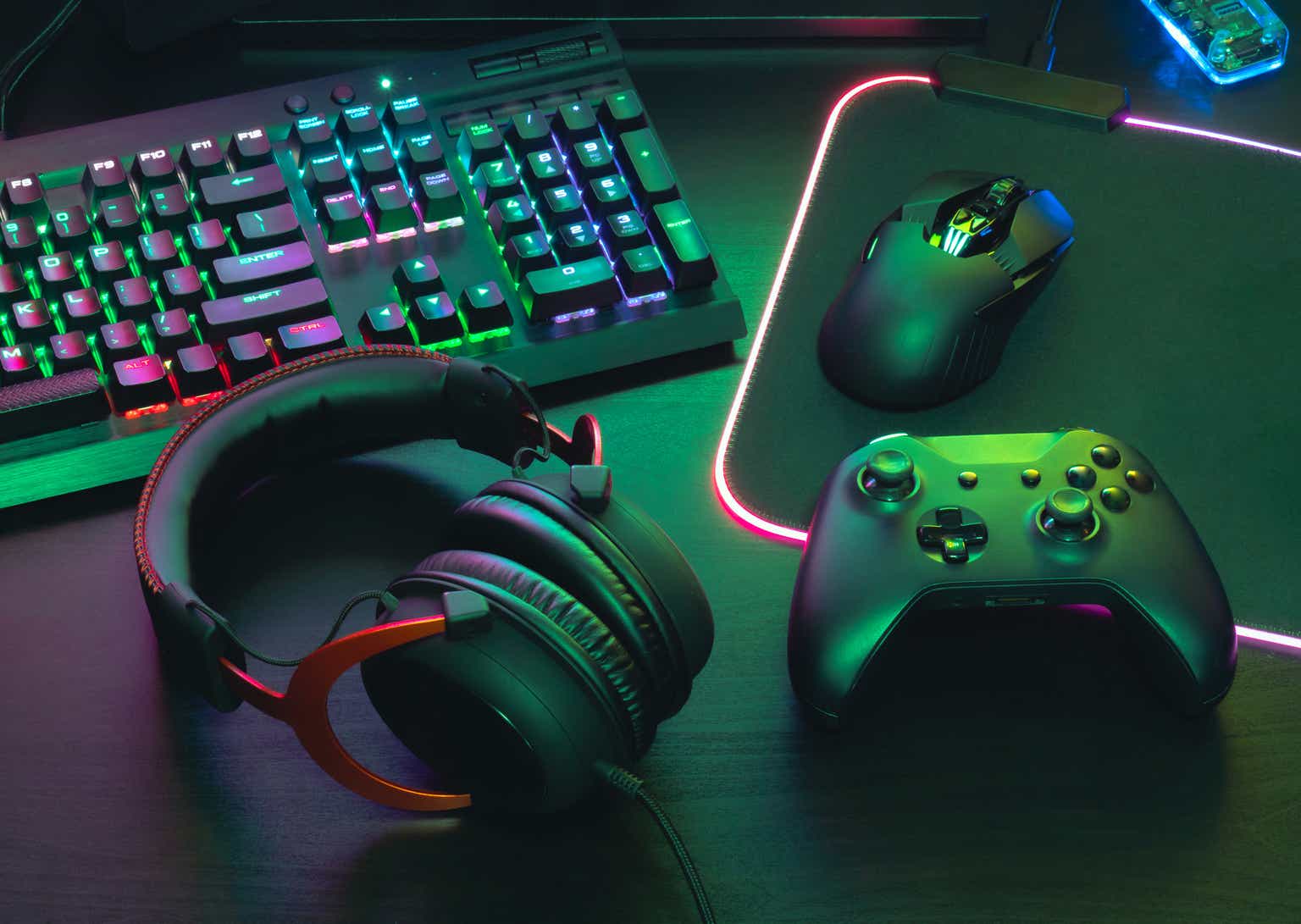When it comes to gaming, having the right internet connection can make all the difference between victory and defeat. Whether you’re battling it out in a fast-paced first-person shooter or exploring vast open-worlds, a reliable and fast internet connection is crucial. But with so many options available, how do you choose the best one? This guide will walk you through everything you need to know to pick the best internet option for gamers.
Why Your Internet Connection Matters in Gaming
Gaming isn’t just about the graphics or the sound; it’s also about how fast and reliably your game can communicate with the game servers. A poor internet connection can result in high latency, which means there’s a delay between your actions and what happens in the game. This can be incredibly frustrating, especially in competitive online games where every millisecond counts.

1. Speed Is Key
The first thing to consider when choosing an internet connection for gaming is speed. The speed of your internet connection, measured in megabits per second (Mbps), determines how quickly data is downloaded and uploaded. For most online games, a download speed of at least 25 Mbps is recommended. However, if you’re streaming your gameplay or downloading large files, you might need a faster connection.
It’s important to note that speed isn’t just about downloading games; upload speed is also critical, especially for those who stream their games live. A good upload speed should be around 5 Mbps or higher to ensure smooth, uninterrupted streaming.
2. Low Latency for Smooth Gameplay
Another critical factor to consider is latency. Latency, often referred to as “ping,” is the time it takes for data to travel from your computer to the game server and back. Low latency is essential for online gaming, as it ensures that your actions are reflected in the game almost instantly.
Generally, you want a latency of less than 50 milliseconds (ms) for a smooth gaming experience. Anything above 100 ms might start to affect your gameplay, causing delays and making it harder to compete effectively.
3. Consistent and Reliable Connection
While speed and latency are important, consistency and reliability are equally crucial. A connection that frequently drops out or slows down during peak hours can ruin your gaming experience. This is why it’s important to choose an internet provider that offers consistent service with minimal downtime.
For example, using tools like nbn compare can help you find a provider that offers a stable connection, ensuring that your gaming sessions are smooth and uninterrupted.
4. Wired vs. Wireless Connections
Although wireless connections offer convenience, they are often less reliable than wired connections when it comes to gaming. Wi-Fi signals can be interrupted by walls, other electronic devices, or even the distance between your device and the router. This can result in higher latency and slower speeds.
For the best gaming experience, a wired connection using an Ethernet cable is recommended. This setup ensures that your connection is stable and fast, minimizing the risk of lag or disconnects during gameplay.
5. Consider Your Internet Plan
When selecting an internet plan, it’s important to consider how much data you’ll need. Many internet providers offer unlimited data plans, which are ideal for gamers who spend a lot of time online. These plans ensure that you won’t be hit with extra charges or experience throttled speeds after reaching a data limit.
Additionally, it’s worth comparing different providers to find the best deal. For example, checking out options for the best internet provider in your area can help you find a plan that offers the speed, reliability, and value you need for gaming.
6. Choosing the Right Internet Provider
Not all internet providers are created equal, especially when it comes to gaming. Some providers offer faster, more reliable connections, while others might have data caps or throttling policies that can affect your gaming experience.
When choosing a provider, it’s important to consider the following:
- Speed: Does the provider offer high-speed plans that meet your gaming needs?
- Latency: How low is the average latency offered by the provider?
- Reliability: Does the provider have a reputation for consistent service?
- Customer Service: In case of issues, how responsive is the provider’s customer service?
Comparing different providers using resources like nbn compare can make this process easier and help you find the right fit.
7. Optimizing Your Home Network for Gaming
Once you’ve chosen the right internet plan and provider, it’s time to optimize your home network for gaming. Here are some tips:
- Use a wired connection: As mentioned earlier, a wired connection is more stable and reliable than Wi-Fi.
- Upgrade your router: If your router is outdated, consider upgrading to a newer model that offers better speed and range.
- Prioritize gaming traffic: Some routers offer Quality of Service (QoS) settings that allow you to prioritize gaming traffic over other types of internet usage.
- Reduce network congestion: If multiple devices are using the internet at the same time, it can slow down your connection. Try to limit other internet activities, like streaming or downloading large files, while gaming.
8. Future-Proofing Your Internet Connection
As technology continues to evolve, so too will the demands on your internet connection. 5G technology, for example, is becoming more widespread and offers incredibly fast speeds that rival traditional broadband connections. However, it’s still in the early stages of rollout and may not be available everywhere.
To future-proof your internet connection, consider choosing a provider that is investing in new technologies, such as fiber-optic or 5G, to ensure that you’ll have access to the best possible speeds and reliability as these technologies become more widespread.
Key Takeaways
- Speed and low latency are crucial for an optimal gaming experience.
- Using resources like nbn compare can help you find the best plan for your gaming needs.
- Wired connections are generally more reliable than wireless connections for gaming.
In conclusion, finding the best internet option for gaming involves considering several factors, including speed, latency, reliability, and the type of connection. By carefully evaluating your options and optimizing your home network, you can ensure that your gaming sessions are as smooth and enjoyable as possible.





